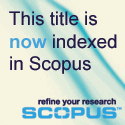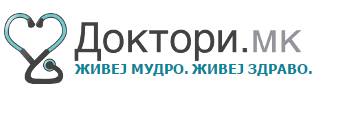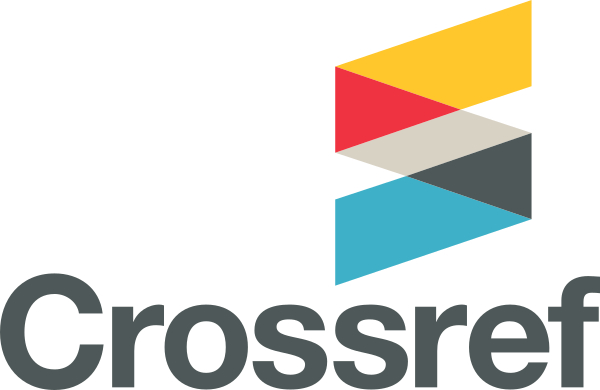JSER Policies
JSER Online
JSER Data
Frequency: quarterly
ISSN: 1409-6099 (Print)
ISSN: 1857-663X (Online)
Authors Info
- Read: 12589
Liljana NAUMOVSKA, Marika SOTIROVSKA-SIRVINI,
Vangel TODOROV, Olgica NIKOLOVSKA
EARLY TREATMENT OF CHILDREN WHIT INTRACRANIAL HEMORRHAGES IN THE ADVISORY INSTITUTION FOR DEVELOPMENT IN
In the period 1985-1995, 38 children with intracranal hemorrhages were treated in the Advisory Institution for Development in
Out of them:
· or 44.7% were no consequences;
· or 18.4% were with mute paresis;
· or 36.8% were with cerebral paralyses
Treatment in the Advisory Institution commences on the 15 day or within the first month of the child at the most. By using the Gunzberg defektology method the organization of the psycho-motor coordination, speech and knowledge functions are assessed. This diagnosis is necessary in order to begin with an early neurophysiatric habilitation treatment.
Our Advisory Institution uses the method of conscions development synthesis which requires maximum involvement of the parent in the habilitation, rehabilitation and reeducation treatment.
Parents are motivated and educated to participate through frequent visits to Advisory Institution by a defectologist-somatopead.
Share Us
Journal metrics
-
 SNIP 0.059
SNIP 0.059 -
 IPP 0.07
IPP 0.07 -
 SJR 0.13
SJR 0.13 -
 h5-index 7
h5-index 7 -
 Google-based impact factor: 0.68
Google-based impact factor: 0.68
10 Most Read Articles
- PARENTAL ACCEPTANCE / REJECTION AND EMOTIONAL INTELLIGENCE AMONG ADOLESCENTS WITH AND WITHOUT DELINQUENT BEHAVIOR
- RELATIONSHIP BETWEEN LIFE BUILDING SKILLS AND SOCIAL ADJUSTMENT OF STUDENTS WITH HEARING IMPAIRMENT: IMPLICATIONS FOR COUNSELING
- EXPERIENCES FROM THE EDUCATIONAL SYSTEM – NARRATIVES OF PARENTS WITH CHILDREN WITH DISABILITIES IN CROATIA
- INOVATIONS IN THERAPY OF AUTISM
- AUTISM AND TUBEROUS SCLEROSIS
- THE DURATION AND PHASES OF QUALITATIVE RESEARCH
- REHABILITATION OF PERSONS WITH CEREBRAL PALSY
- DISORDERED ATTENTION AS NEUROPSYCHOLOGICAL COGNITIVE DISFUNCTION
- HYPERACTIVE CHILD`S DISTURBED ATTENTION AS THE MOST COMMON CAUSE FOR LIGHT FORMS OF MENTAL DEFICIENCY
- DIAGNOSTIC AND TREATMENT OPTIONS IN AUTISTIC SPECTRUM DISORDERS – AN OVERVIEW
















